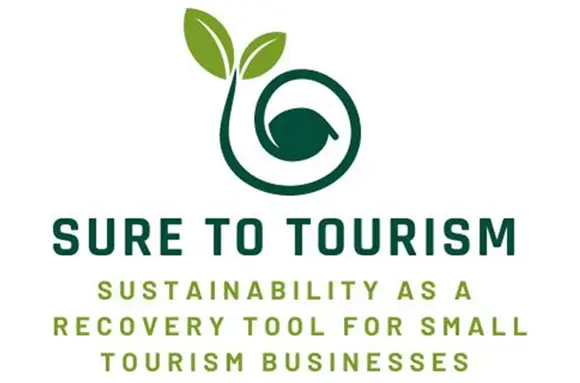THE IMPORTANCE OF CULTURAL AND CREATIVE INDUSTRIES
The creative industry has become an interesting strategic sector to boost competitiveness, productivity, employment and sustainable economic growth. Moreover, it is being used more frequently to promote social integration, social values, cultural promotion and as a source of information as well as knowledge. Its dynamic character has shown how not only this industry is growing itself but as well how its implementation is helping to boost other industries in uncertainty periods.
The expansive time that this sector is living can be worldwide widespread, some of the Creative Companies Industry competitive advantages are:
- Companies related with creativity and new communication methods are in a continuous expansion and every time their
 social and economic role is more important.
social and economic role is more important. - Nowadays the value of a product is higher based on its originality, uniqueness, performance and appearance.
- Creative people with communicative skills and problems resolution are more demanded on the labour market.
- Currently creative industry is a tool for innovation and it can be implemented in other many industries, creating synergies with these other sectors.
- Digital revolution is reorienting consumer needs and thus company’s production plans and actions.
- New business opportunities and market niches are continuously appearing.
- European programmes which aim is to support innovation like “Horizonte 2020” and “Creative Europe”.
On the other hand, despite the many advantages of the sector and its contribution to the economic growth also faces diverse challenges common to the EU. Some of them are:
- Finance deficiency
- As creativity can be intangible some people find difficult to give a fair value tending to undervalue it.
- There are still important structural problems that need investment
- Lack of knowledge in other sectors about how to create synergies with the creative industry
- Difficulties of some of the industry sectors for their internationalisation.
- Limited vocational training in accordance with its dynamism.
 Despite the existence of disadvantages, the potential of the industry indeed is strong enough to overcome these barriers. Due to the environment in which companies are developed and the openness of global markets, companies need to enhance its competitiveness. For this reason, establishing relationships and cooperating with international companies is essential.
Despite the existence of disadvantages, the potential of the industry indeed is strong enough to overcome these barriers. Due to the environment in which companies are developed and the openness of global markets, companies need to enhance its competitiveness. For this reason, establishing relationships and cooperating with international companies is essential.
The European Commission is aware of the value of the creative sector and its need to internationalise, particularly for SME companies, so in order to facilitate the process there are different programmes running.
The creative Europe programme: aims to support European audiovisual, cultural and creative sector to operate transnationally and to strengthen their competiveness.
https://ec.europa.eu/programmes/creative-europe/contact_en
FAME and C-I Factor: The European Creative Industries Alliance has two programmes to facilitate finance availability for creative industries businesses with high growth potential.
http://eciaplatform.eu/project/fame/
http://eciaplatform.eu/project/c-i-factor/
WE INVITE YOU TO FOLLOW OUR EUROPEAN PROJECT:
PROJECT FACEBOOK PAGE: https://www.facebook.com/ICCI-Project-294484657614772/?fref=ts







